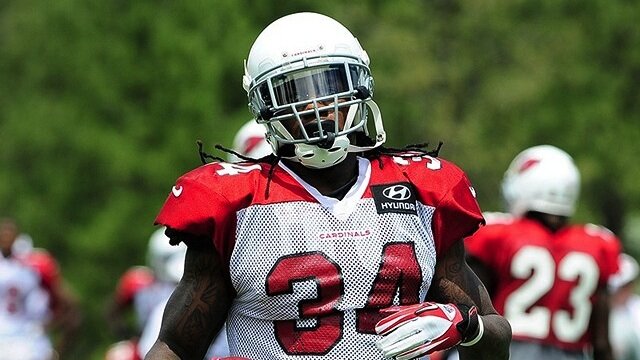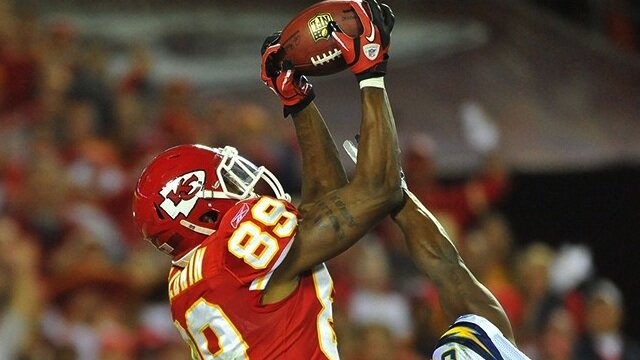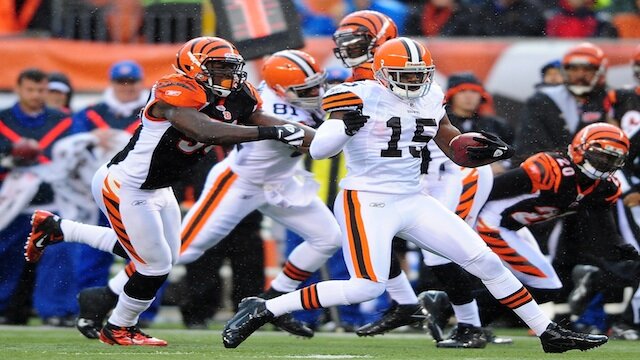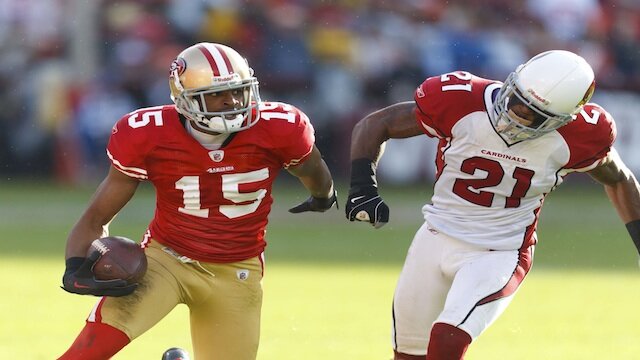The Joe Paterno Legacy: Complex, Flawed, Human

There’s nothing like a scandal to polarize people into warring factions of manufactured outrage.
Once news of Jerry Sandusky’s monstrous exploits broke, it took hardly a few solid minutes before battle lines were drawn. On one side, the voracious lynch mob seeks to tear down Joe Paterno (in the case of his statue, quite literally). On the other, the Penn State family, clinging dearly to all the equity Paterno had built up through 50 years in power [and, make no mistake, 'in power' is a legitimate description of his tenure as coach].
The truth, as always, lies both somewhere in the middle and somewhere else entirely.
Too often, I believe we become enamored with our own points of view, our own emotions and our own value systems. I believe in the case of the Penn State family and ardent Paterno supporters, we have a sliver of confusion trying to paint over a fire-damaged house, and tell the rest of the world, “See, it’s not so bad.” I believe their opposition sees that house, and rather than move on down the street and shake their heads at the lunacy of their neighbors trying to pass off the dwelling as “still good”, they take another torch to it each time fresh information is released.
You can’t begrudge either camp, but no one’s correct in this heated battle, because to be correct implies someone is assessing the situation for what it is. Legacies are a funny thing. The range and scope of human behavior can oscillate so widely on the spectrum of morality, and people become flustered when they need to re-evaluate clouded beliefs and handle it in a myriad of ways – some of them counterproductive.
The book’s been written on Joe Paterno now. It’s closed. Just as many of us thought the minute the story broke, it’s been confirmed he let a monster run around the Penn State campus, preying on children, and worked diligently to cover the story up. But, as with most things in life, it doesn’t define Joe Paterno as a person any more than his 408 wins, the money he raised for the University or his maniacal addiction to remaining the Divine Right Dictator of State College. No, it doesn’t define his legacy, but it’s the largest wrench in it, and it’s a damn big wrench.
What we do with that wrench? That’s up to us. But let’s calm down. Let’s stop trying to sweep it under the rug and claim even if it happened, it doesn’t outweigh the good. Let’s stop trying to topple Penn State like a it’s a rogue empire that can only be remedied via scorched earth evisceration.
I know it’s hard. Legacies are predominantly emotionally-based. But like all emotionally-based constructs, they’re inherently flawed – as flawed as the people we attach them to.



